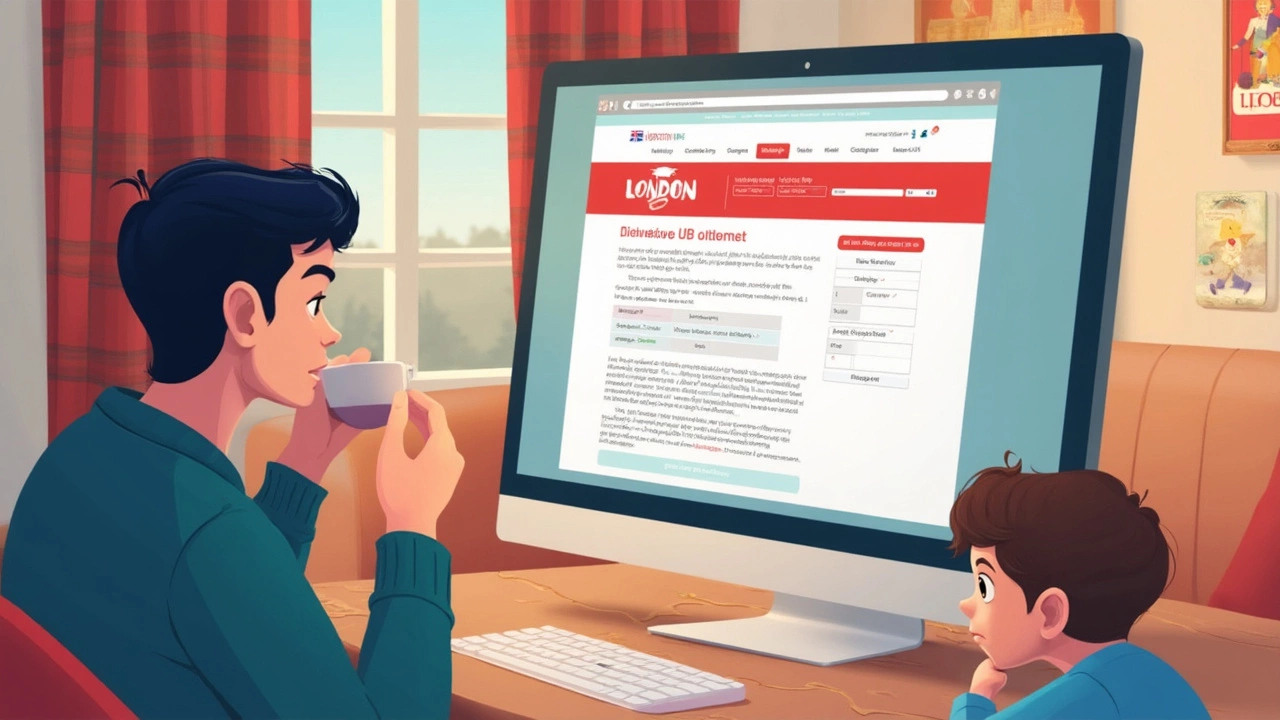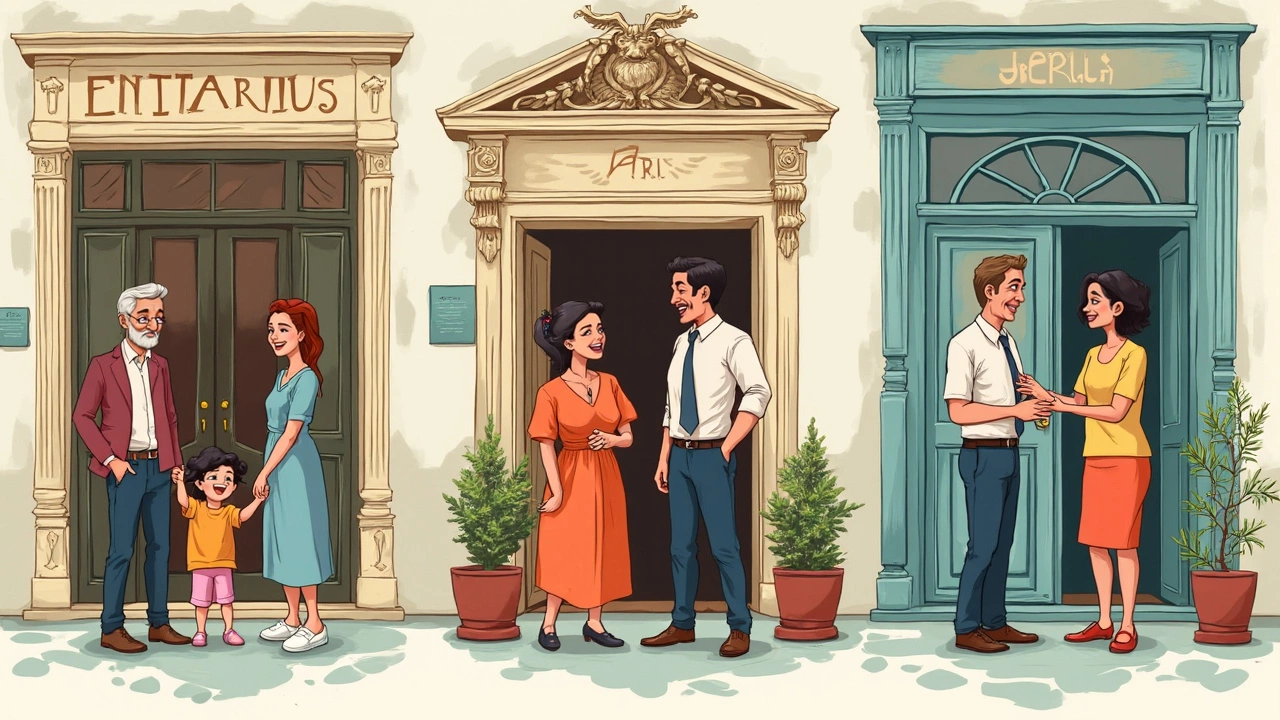Picture this: You're excited about your upcoming family trip. You find an awesome hotel online—great photos, decent price, and it claims to be "family-friendly." But while booking, you hit a weird roadblock. The hotel asks your kids' ages. No big deal, right? Suddenly, your seven-year-old is "free," but your twelve-year-old gets classified as an adult. What gives? Welcome to the confusing world of hotel child age policy. It's a surprisingly big deal for families, and there's no universal answer. Hotels decide for themselves who counts as a "child" and who doesn't. This can mess with your wallet, your sleeping arrangements, and even whether you get breakfast included for everyone.
Why Are Hotel Child Age Policies So Inconsistent?
The main reason every hotel seems to have a different idea of 'child' boils down to money and culture. Unlike plane tickets or movie theaters, the hotel industry lets each property set its own rules. Some big chains offer "kids stay free under 18," while others cut it off at 12 or even 10. Independent hotels, especially in Europe or Asia, might set the child age much lower. For example, in Japan, "child" can mean under 7. I've seen ski resorts in France call anyone over 13 an adult. Curious why? Hotels look at expected use of beds, towels, and food, and set the age where they figure most kids stop sharing with parents or start eating like adults.
It's also a cultural thing. Places where big families are common may set a higher age threshold, so more kids stay free. They might even let kids sleep with parents at no extra charge (what's called "sharing existing bedding"). In stricter, boutique or luxury hotels, staff focus on adult guests; here, the child age can drop dramatically, and some won't let anyone under 16 stay at all. In tourist hubs like Orlando or Dubai, competition for families is fierce. You’ll see more generous policies, especially during holidays. But don’t assume—always triple check with the actual property before you book.
Chain hotels publish their child ages online, but independent hotels often change rules by season or room type. One fun fact? In the US, 62% of chain hotels let kids under 12 stay free with parents, but only 38% of independent ones do. Here’s a quick look at what some well-known international hotel brands consider a child’s age:
| Hotel Brand | Child Age Cutoff | Notes |
|---|---|---|
| Holiday Inn | Under 19 | Stay free with parents (in same room) |
| Hilton Hotels | Varies (usually under 18) | At most properties; check exact hotel |
| Marriott | Varies (usual cutoffs: 12, 16, or 18) | Differs widely by location |
| Premier Inn (UK) | Under 16 | Free breakfast included with paid adult |
| Meliá (Spain & Global) | Under 12 | Extra breakfast charge after 12 |
| Accor (Ibis, Novotel) | Under 16 | Most hotels let kids stay free, breakfast free up to age 16 |
As you can see, there’s no single rule, even among chains! And sometimes, the policy doesn’t just change by country – it’s different at each individual hotel.

The Impact on Your Wallet, Room Choices, and Perks
If you’re traveling with kids, these policies can make or break your vacation budget. Let’s say you’re booking for two adults, a 10-year-old, and a 14-year-old. One hotel calls both kids "children" and gives you a family room at one rate. Another sticks you with a triple room or even forces you to book two rooms because your teenager counts as an adult.
Prices can quickly double, especially in Japan or Switzerland where extra adult fees are steep. Some hotels charge per person over a certain age, so your 13-year-old costs as much as Mom or Dad. Others charge only for extra beds, so if you squeeze three in a double bed and don’t ask for a rollaway, the hotel may not mind. But don’t risk it—if local regulations require registration of each guest (hello, Italy and India), being “creative” can backfire with a midnight knock for proper IDs.
It gets trickier with included meals. That free breakfast you were counting on? Some hotels cut kids off at age 6 or 8. In Asia, breakfast buffets are notorious for tight cutoffs—your 9-year-old suddenly pays adult price at the buffet. On the flip side, you might find resorts where kids under 17 eat for free if you book direct, or join a loyalty program. Pool access is another secret rule zone. Certain pools restrict kids by age or require a parent for anyone under 14. In Las Vegas, family-unfriendly hotels have a 21+ policy nearly everywhere except your room.
Here’s a typical scenario: You book a hotel in Paris for a family of four—two kids, ages 8 and 13. The website says "children under 12 stay free." Your 13-year-old gets counted as an adult and triggers an upcharge, but the 8-year-old can share your bed for free. If you need two beds, you’ll be charged for an “extra person” or “extra bed” fee for the older child. The fine print is the landmine. Always read every detail, and when in doubt, email or call the property directly before you complete your booking. Even big OTAs like Booking.com or Expedia rarely show these rules up front. A family I know landed in Rome only to find their hotel expecting an extra €45 per night for their 15-year-old—not clear at booking, but hiding in the hotel policy PDF link at the bottom of the website.
- Tip: Search for “children policy” or “extra bed policy” on the hotel’s site. If you don’t see it, shoot them a quick email, giving ages for all kids and asking, “Will extra charges apply? Is breakfast included for my children?”
- Tip: If you’re traveling with a baby or toddler, check if the hotel offers cribs or baby cots free of charge. By age 3 or 4, most hotels consider a child out of a crib and start charging.
- Tip: Loyalty programs often unlock lower rates and perks for families. Sign up (it’s free) and mention your kids at booking.
- Tip: If awards points or prepaid deals are involved, changing your room after arrival can be expensive. Be up front about children at booking to avoid drama later.
Why all this drama? Hotels use these slightly confusing rules because a child sharing a bed with you costs them very little, but an extra adult means extra services, bedding, and liability. Labor and utilities are expensive in most destinations, so hotels want to price rooms based on who’s using them and how.

Smart Booking: Planning and Questions for Stress-Free Family Stays
Here’s where it pays off to be a little nosy and detail-oriented. The number one booking mistake parents make is assuming the hotel’s website “kids stay free” banner applies to every kid under 18. Often, it only counts for one or two kids sharing a bed with you—and sometimes up to a weirdly specific age, like “11 years and 364 days.”
First, always check the exact wording. Hotels may say "kids stay free when using existing bedding." That means no rollaway beds, no extra blankets—your kids have to sleep in your bed or whatever’s already in the room. If your kids are not little anymore, this can mean a not-so-relaxing night and grumpy mornings. Ask if they have family rooms (great in the UK and some European countries), which often include bunk beds or can sleep four. In North America, “queen queen” rooms fit most families but sell out fast during summer and holidays, so book early. Travelers to Japan or smaller hotels in Europe will discover rooms aren’t just more expensive—they’re much smaller, often with strict guest capacity limits set by law or fire code.
If you travel often, you might collect a cheat sheet for frequent family-friendly chains and their policies. But remember, even within a chain, policies can shift. A London Hilton isn’t the same as a New York Hilton. And don’t assume because “kids stay free,” their breakfast or meals are included. Some family-focused resorts tie free meals to booking a higher room type or a special “family package.”
Got teens? This is the trickiest age group, especially when you hit that “over 12 is an adult” cutoff. Some tips:
- Look for hotels with sofa beds, which count as existing bedding and can be used by a child under the cutoff age—even if that’s a tall twelve-year-old.
- For savings, consider booking an apartment or suite hotel. Sites like Airbnb or Vrbo charge by the unit, not the number/type of guests, though cleaning fees can be more.
- If booking in Asia or Europe, watch for strict guest maximums—and expect to show all passports at check-in. No sneaking older kids in "as children."
- Midweek rates at city hotels are often lower and less strict about family occupancy than weekends.
Every so often, you’ll find an amazing promo where two kids stay and eat free—but the rule is you have to book direct and mention the kids up front. If you forgot, the deal might not apply. And yes, these policies can change year to year (or even month to month if there's a big event), so double-check before confirming non-refundable bookings.
One last twist: In a few cities, local tax laws define a child’s age for tourist tax purposes (like Amsterdam or Venice where the city only charges tourist tax for guests over age 15 or 16). Always ask if there are extra taxes or fees for kids over a certain age—it can be an unwelcome addition at check-out.
It really does pay to ask, double-check, and politely confirm everything before you arrive. Hotels expect families to inquire, so you won't look pushy or high-maintenance by clarifying. And if they’re not flexible, you can always find another place that better fits your family’s ages, energy, and budget.
